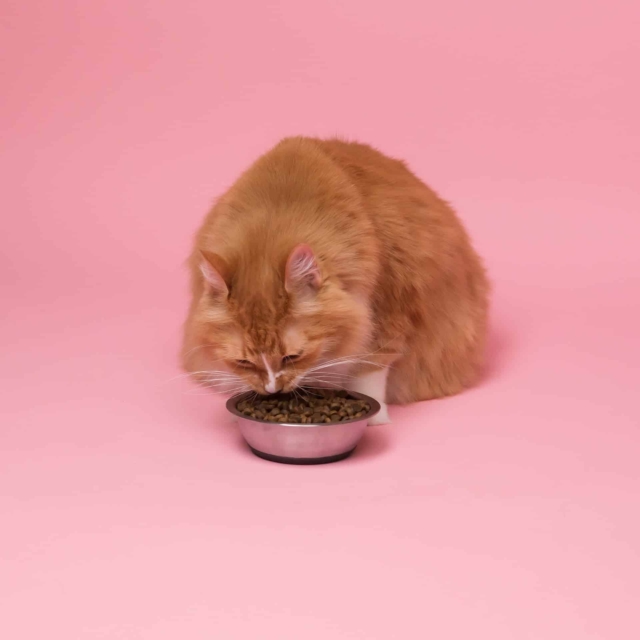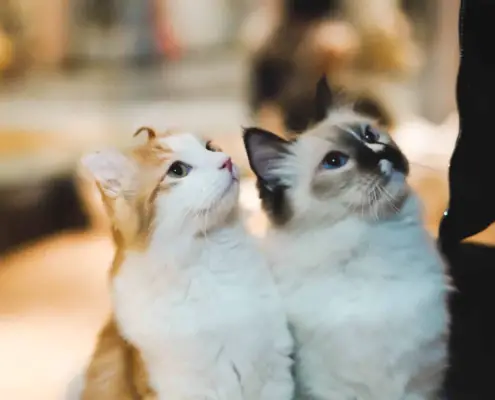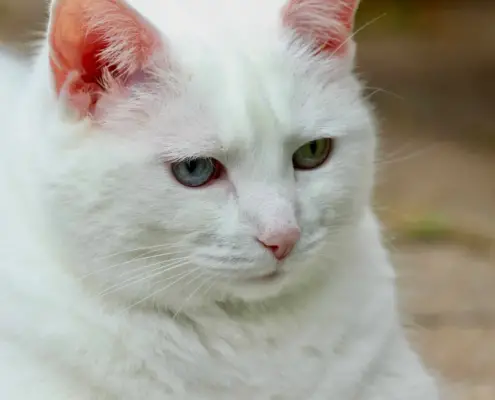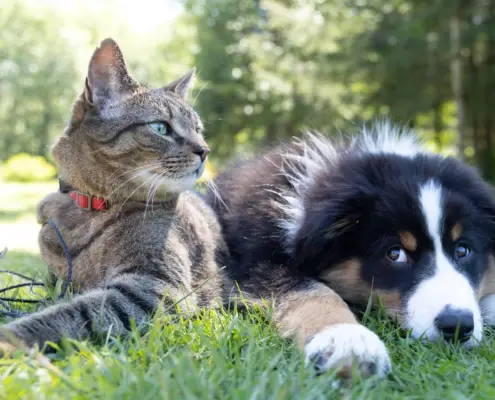
Many pet owners may wonder whether it is safe for their feline companions to consume dog food. While cats and dogs are both popular pets, their nutritional needs differ significantly. Cats are obligate carnivores, which means they require specific nutrients found only in meat, whereas dogs have a more omnivorous diet. Therefore, it is generally not recommended to feed cats dog food as their primary source of nutrition.
The difference between cat and dog nutritional needs
Cats have unique dietary requirements that are essential for their overall health and well-being. For instance, cats require more protein in their diet compared to dogs. They also need specific amino acids, such as taurine and arginine, which are not present in sufficient quantities in dog food. Additionally, cats need higher levels of certain vitamins, such as vitamin A and niacin, which might not be adequately provided by dog food. Feeding cats dog food can lead to nutritional deficiencies and health issues in the long run.
Potential risks of cats consuming dog food
Feeding cats dog food can pose several risks to their health. Firstly, dog food often contains lower levels of protein and higher levels of carbohydrates, which can be detrimental to a cat’s health. Excessive carbohydrates can lead to weight gain, diabetes, and digestive problems in cats. Additionally, dog food may lack certain essential nutrients that are crucial for feline health. For instance, a deficiency in taurine can cause heart problems and blindness in cats.
Common ingredients in dog food that can be harmful to cats
Dog food may contain ingredients that are harmful or even toxic to cats. For example, some dog foods contain onions or garlic, which can be toxic to felines and cause damage to their red blood cells. Additionally, dog food may contain higher levels of fat, which can lead to obesity and related health issues in cats. It is important to note that what is safe for dogs may not necessarily be safe for cats, and pet owners should be cautious when considering sharing food between their pets.
Signs that your cat may have eaten dog food
If your cat has consumed dog food, there are several signs to look out for. These signs may vary depending on the quantity and type of dog food consumed. Common symptoms include vomiting, diarrhea, loss of appetite, lethargy, and changes in behavior. If you notice any of these signs in your cat and suspect they have consumed dog food, it is important to seek veterinary advice as soon as possible.
What to do if your cat accidentally consumes dog food
If you suspect that your cat has consumed dog food, it is best to contact your veterinarian for guidance. They will be able to assess the situation and provide appropriate advice based on your cat’s specific needs. In some cases, your veterinarian may recommend monitoring your cat closely for any signs of illness. However, if your cat has ingested a large quantity of dog food or is showing severe symptoms, they may require immediate medical attention.
Alternatives to feeding your cat dog food
To ensure your cat receives the proper nutrition, it is important to feed them a diet specifically formulated for felines. There are many high-quality commercial cat foods available that meet all the nutritional requirements of cats. These foods are specifically designed to provide the right balance of proteins, vitamins, and minerals that cats need to thrive. It is always best to consult with your veterinarian to determine the best diet for your individual cat based on their age, health condition, and specific dietary needs.
How to transition your cat to a new diet
If you decide to transition your cat from dog food to a proper feline diet, it is essential to do so gradually. Cats can be sensitive to sudden changes in their diet, and a sudden switch can cause digestive upset. Start by mixing a small amount of the new cat food with their current food, gradually increasing the proportion of the new food over a period of 7-10 days. This will allow your cat’s digestive system to adjust to the new diet more easily and minimize any potential issues.
The importance of consulting with a veterinarian
When it comes to your cat’s diet, it is crucial to consult with a veterinarian. They have the knowledge and expertise to guide you in selecting the most appropriate food for your cat’s specific needs. A veterinarian can also provide guidance on portion sizes, feeding schedules, and any dietary supplements that may be necessary. Regular check-ups with your veterinarian will ensure that your cat’s nutritional needs are being met and any potential health issues are addressed promptly.
Conclusion
In conclusion, while cats and dogs may share our homes and our hearts, their nutritional needs differ significantly. Feeding cats dog food as their primary source of nutrition can lead to nutritional deficiencies and health problems. It is important to provide cats with a diet specifically formulated for their unique needs. Consulting with a veterinarian is essential to ensure that your cat receives the proper nutrition and remains healthy and happy. Remember, the well-being of your feline companion should always be a top priority.
If you have any concerns or questions about your cat’s diet, consult with your veterinarian for professional advice tailored to your cat’s specific needs. Your veterinarian can guide you in selecting the most appropriate food and ensure that your cat receives the best possible care.
If you enjoyed my article, I would appreciate you sharing it with your network.

Sima Ndlebe
Sima writes for CatBuzz. He is interested in Cats, Health and Fitness, and Entrepreneurship.
Published: 30 October 2023




